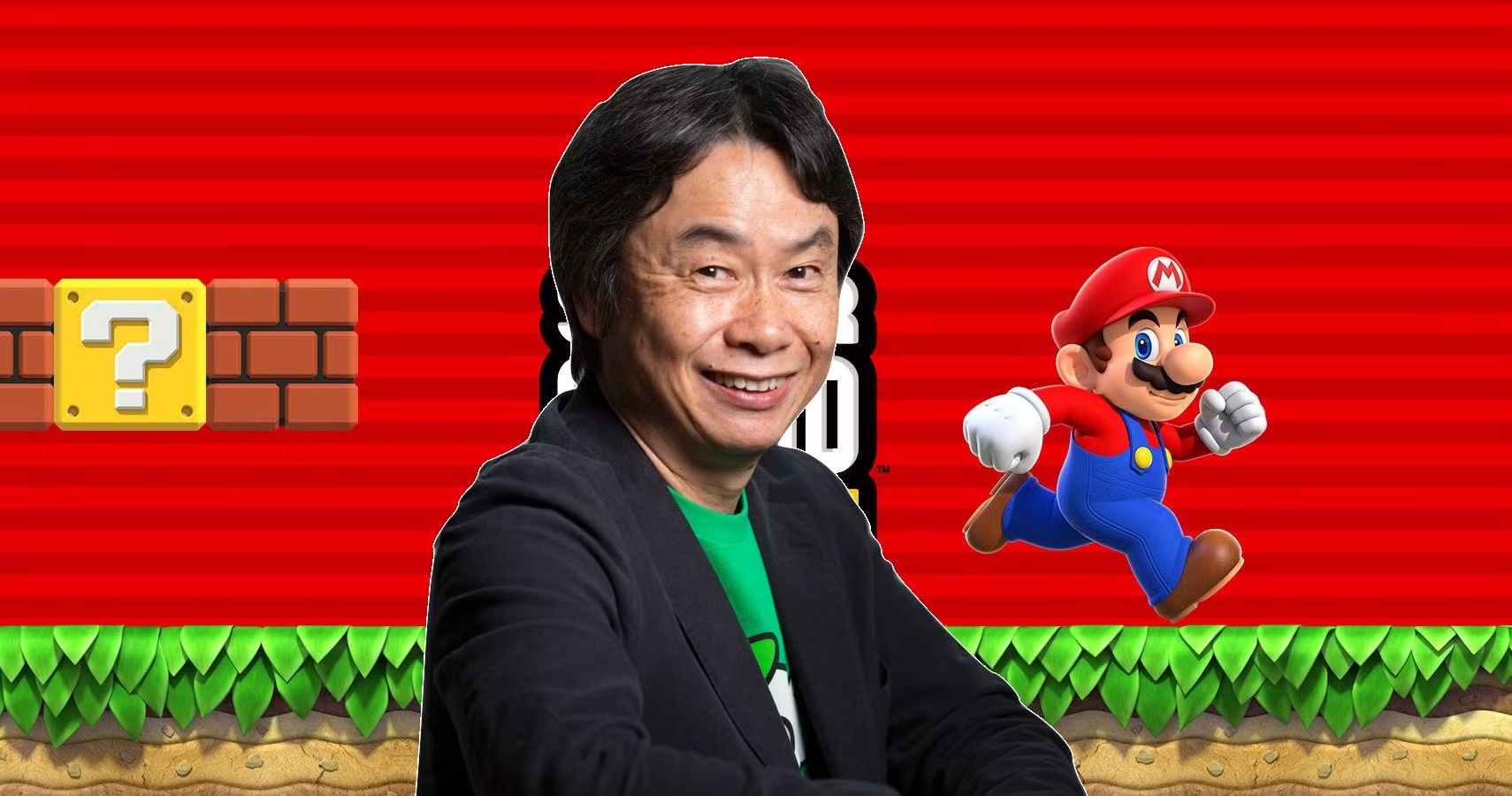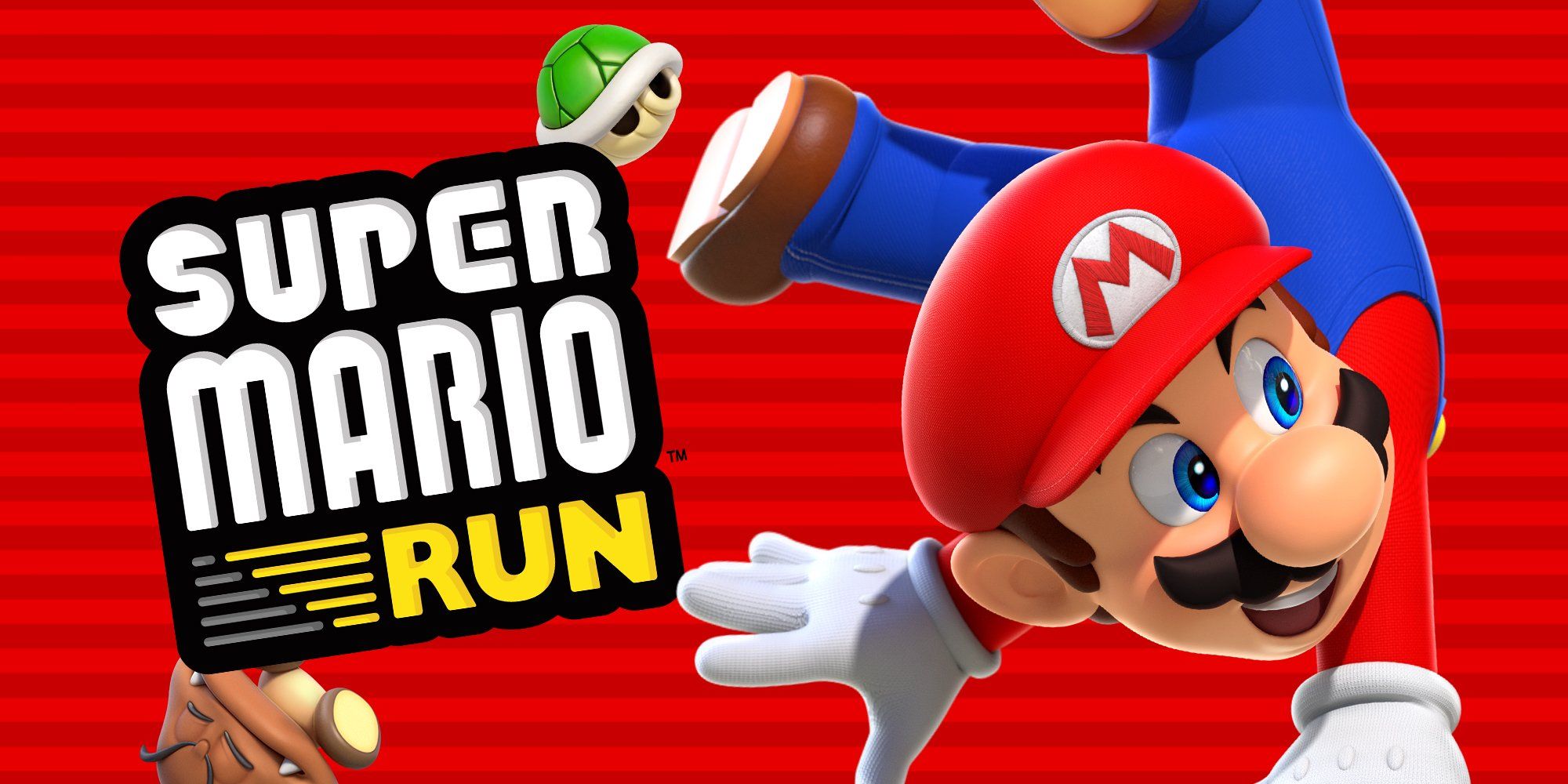By now, most core gamers are aware of the concept of "loot boxes" and "micro-transactions." Free-to-play games are in abundance, from heavy hitters like Fortnite to the hundreds of mobile titles on the app store. Many of these titles feature micro-transactions, where you buy different things in-game. In essence, the core game is free, but the game encourages the player to buy items - whether it be powers-ups, cosmetics, or continues. This model has been appreciated, but also wrapped up in quite a few controversies.
Nintendo is still relatively new to the mobile gaming market. So far, it has released Super Mario Run, the defunct Miitomo, Animal Crossing: Pocket Camp, and Fire Emblem Heroes. According to Bloomberg, Super Mario creator Shigeru Miyamoto talked at the Computer Entertainment Developers Conference (CEDEC) about Nintendo's wanting to find other ways to charge players. Rather than the free-to-play model, Bloomberg states that Miyamoto desires games to be charged at a fixed price.
Miyamoto: “We’re lucky to have such a giant market, so our thinking is, if we can deliver games at reasonable prices to as many people as possible, we will see big profits,”
It is interesting that Miyamoto is seemingly eschewing the free-to-play model. Looking at Nintendo's line of mobile titles, you'll find that both Animal Crossing: Pocket Camp and Fire Emblem Heroes are free-to-play with micro-transactions included. Super Mario Run is also free-to-play, but it's different. The opening three levels are free, but to play the full game, the player must pay $9.99. As such, the free-to-play part is more of a demo. Reported by the Nikkei Asia Review back in 2017, Super Mario Run's sales "did not meet our expectations," according to Tatsumi Kimishima, Nintendo's previous president. Although not specifically referring to Run, Miyamoto's quote below from Bloomberg is probably referring to Mario Run's sales not being outstanding.
Miyamoto: “I can’t say that our fixed-cost model has really been a success,” “But we’re going to continue pushing it forward until it becomes entrenched. That way everyone can develop games in a comfortable environment. By focusing on bringing games to the widest range of people possible, we can continue boosting our mobile game business.”
When it comes to purchasing items in-game, there are a couple of things to analyze. Fire Emblem Heroes and Animal Crossing: Pocket Camp at first glance seem to be against what Miyamoto is wanting Nintendo to do. Are micro-transactions bad in these cases? Not necessarily. A big way micro-transactions become a negative thing is when they give players a certain boost over other players. These two Nintendo games are not online competition based. If you look at the Star Wars Battlefront II controversy, you can see why loot boxes are a negative thing here. The concept of "pay-to-win" encourages players to purchase items, driving the publisher's sales, and depleting the pockets of players. It can be a sneaky way to drive profits, which is why loot boxes and micro-transactions are fiercely hated by many.
RELATED: Rumor: New Super Mario Bros. U To Be Next Re-Release For The Switch
When it comes to free-to-play games, Fortnite is a positive example of utilizing in-game purchases. In-game purchases here are for cosmetics and season passes. These things do not give the player an advantage over the other. So, in-game purchases are not inherently a bad thing. But they can be used for negative purposes. Video games are a business, but they are also an important form of entertainment and culture. Publishers should seek to deliver fantastic experiences, not make delivering profits the primary factor. It will be interesting to see what Nintendo does with its upcoming mobile titles: Dragalia Lost and Mario Kart Tour.


